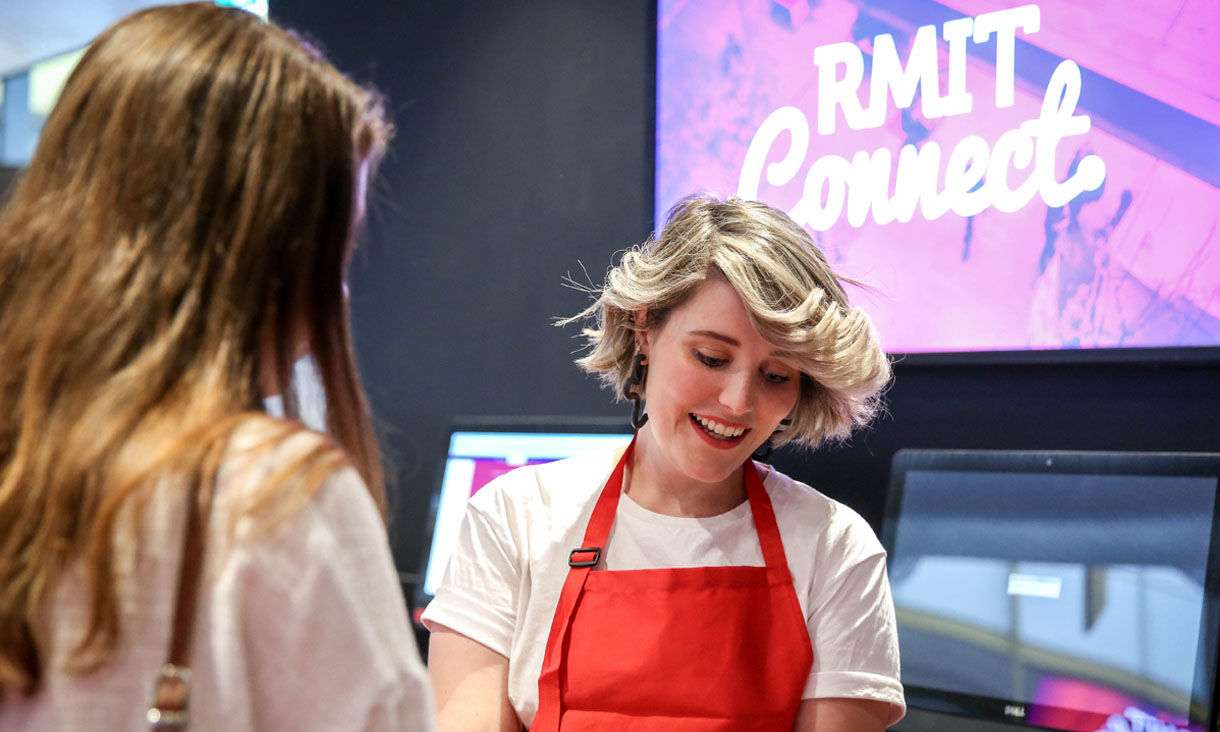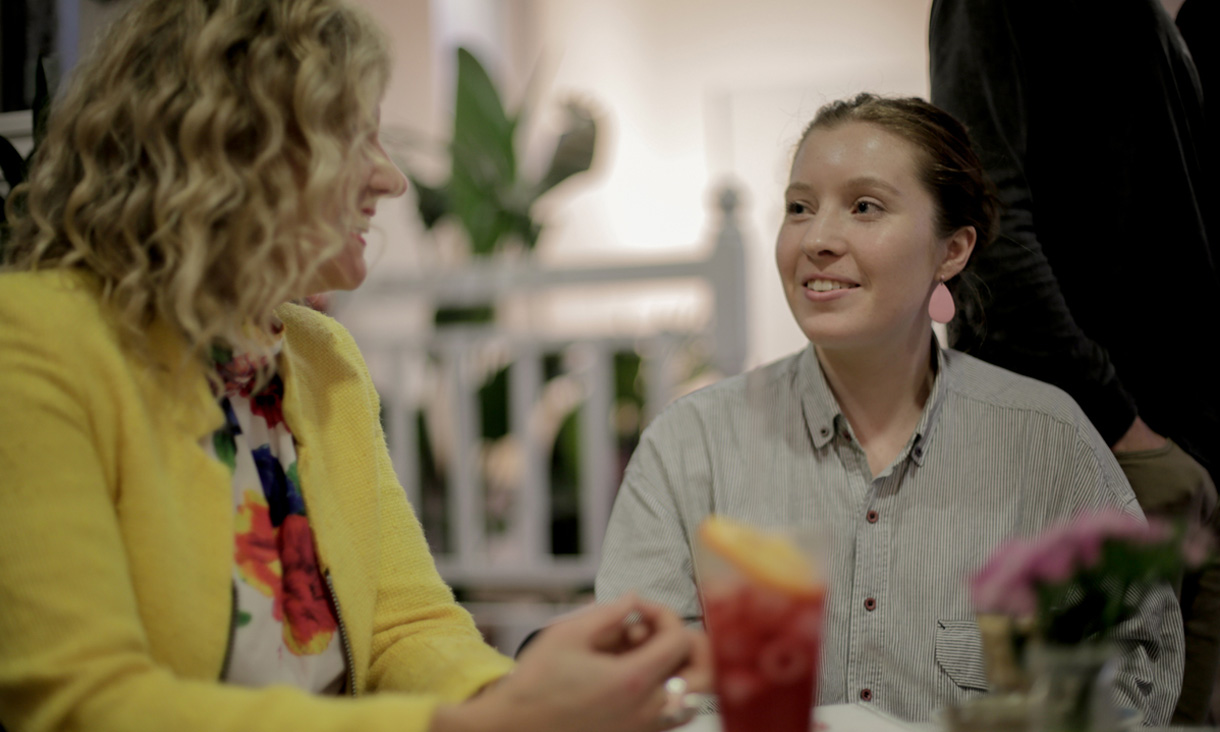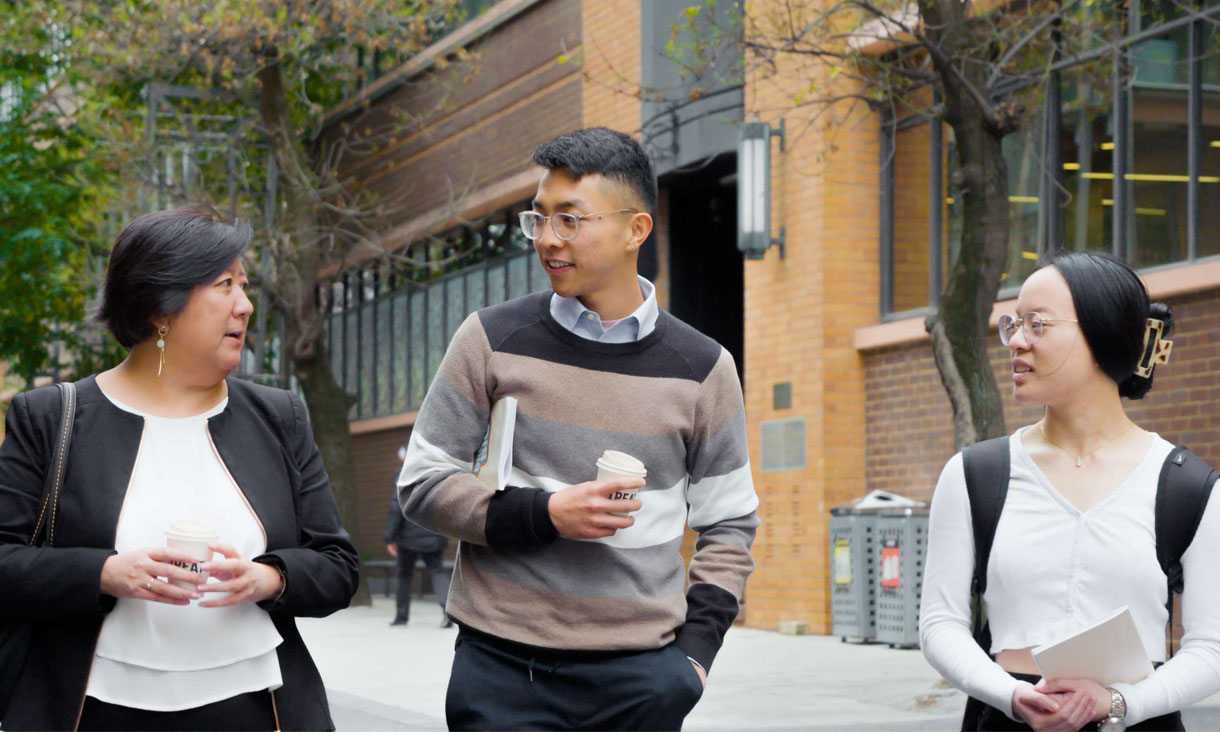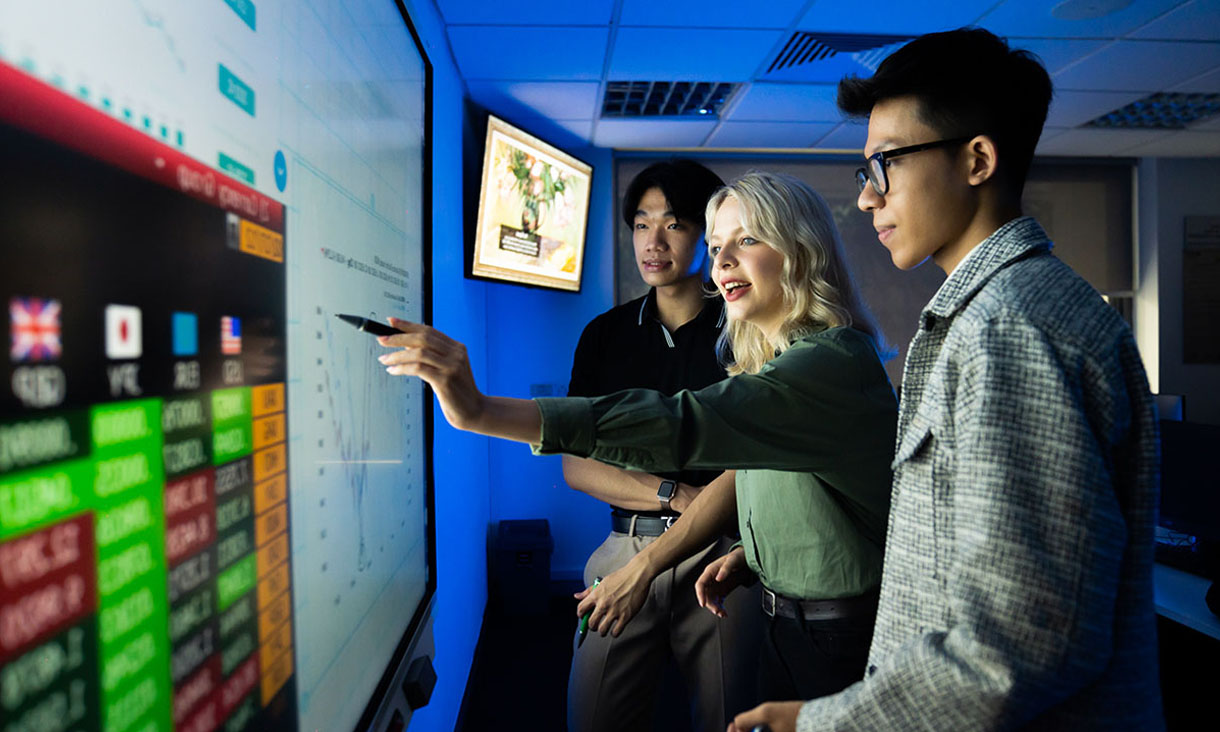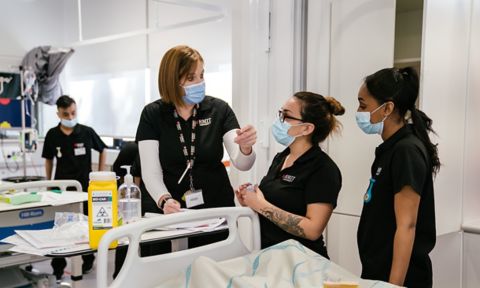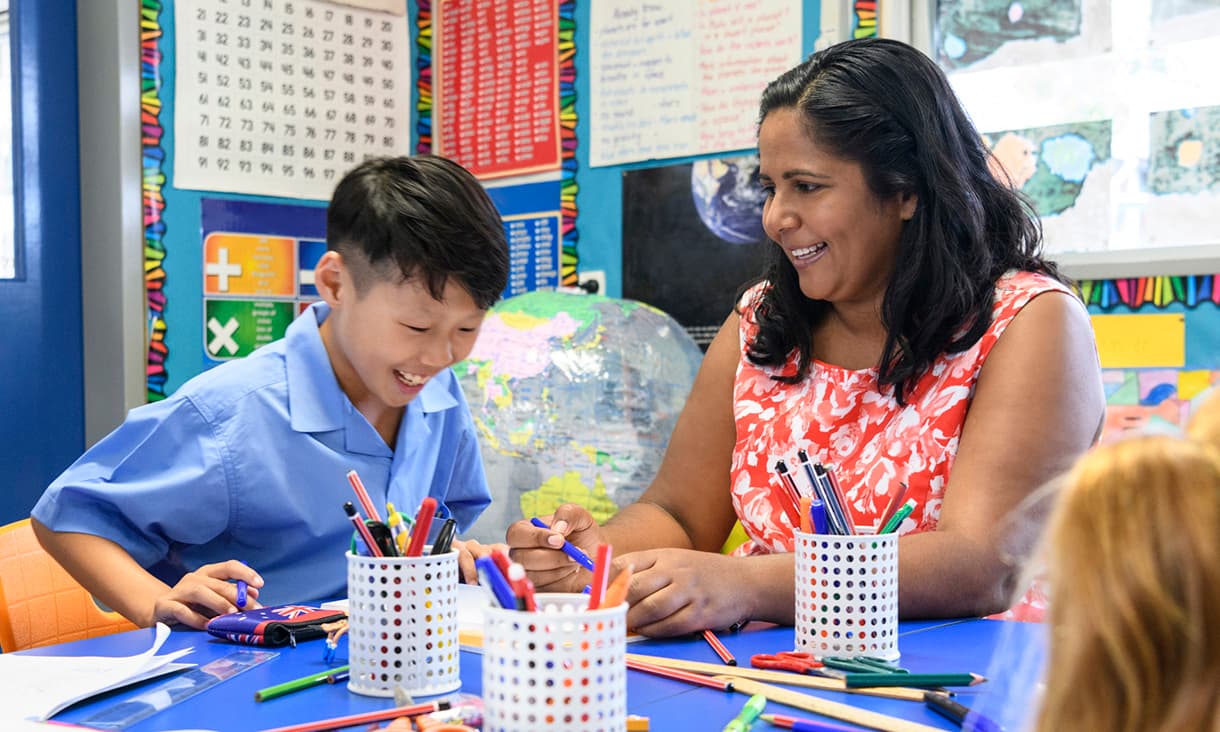How to become an accountant
Master the art of numbers in an ever-evolving industry, guiding businesses and shaping economies.
How to become a nurse
Provide compassionate care and support across diverse healthcare settings, making a meaningful impact on patients' lives.
How to become a project manager
Learn how to help other people work together towards a common goal (on deadline, under budget… ideally).
How to become a teacher
Inspire and nurture the next generation, shaping minds and fostering a lifelong love of learning.



